
Discriminative MRI features of fallopian tube masses Clinical Radiology
Uterine tubes (posterior view) The uterine tubes (a.k.a. fallopian tubes) are important structures in the female reproductive tract, which connect the peritoneal cavity with the uterine cavity. They provide a site for fertilisation and are involved in the transport of the ovum from the ovaries to the body of the uterus.The uterine tubes are also referred to as the oviducts.
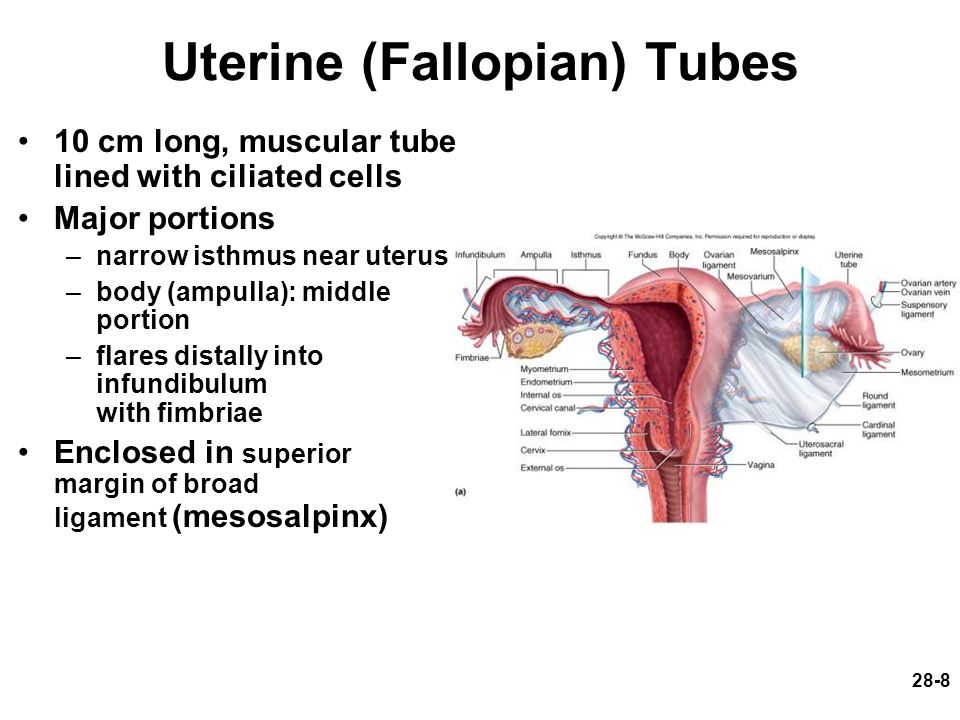
What is the function of the fallopian tubes? Socratic
Hydrosalpinx is a condition in which a fallopian tube becomes blocked with fluid due to either illness or injury. It may lead to an unusual discharge, pain, and difficulty conceiving. The.
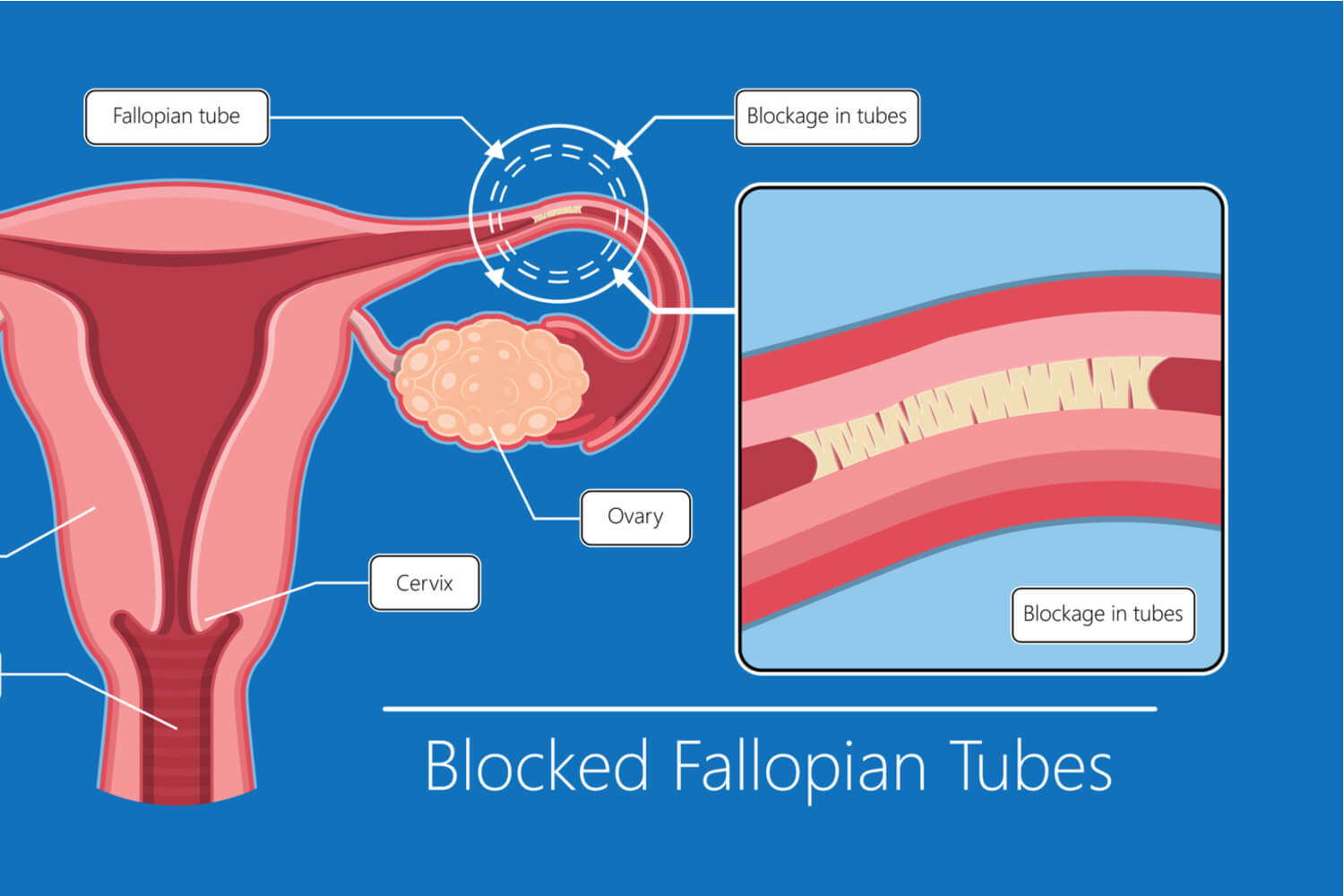
Fallopian Tube Diagram Egg
A hysterosalpingogram (HSG) is an X-ray dye test used to diagnose problems related to fertility. During an HSG, an X-ray records images of your uterine cavity and fallopian tubes while they're filled with a special dye. An HSG can help your provider spot issues in your reproductive anatomy that may prevent you from getting pregnant.

PPT Female Anatomy PowerPoint Presentation, free download ID2029925
fallopian tube, either of a pair of long narrow ducts located in the human female abdominal cavity that transport male sperm cells to the egg, provide a suitable environment for fertilization, and transport the egg from the ovary, where it is produced, to the central channel (lumen) of the uterus.. Each fallopian tube is 10-13 cm (4-5 inches) long and 0.5-1.2 cm (0.2-0.6 inch) in diameter.

structure and function of fallopian tube Brainly.in
The fimbriae of the uterine tube, also known as fimbriae tubae, are small, fingerlike projections at the end of the fallopian tubes, through which eggs move from the ovaries to the uterus. The.
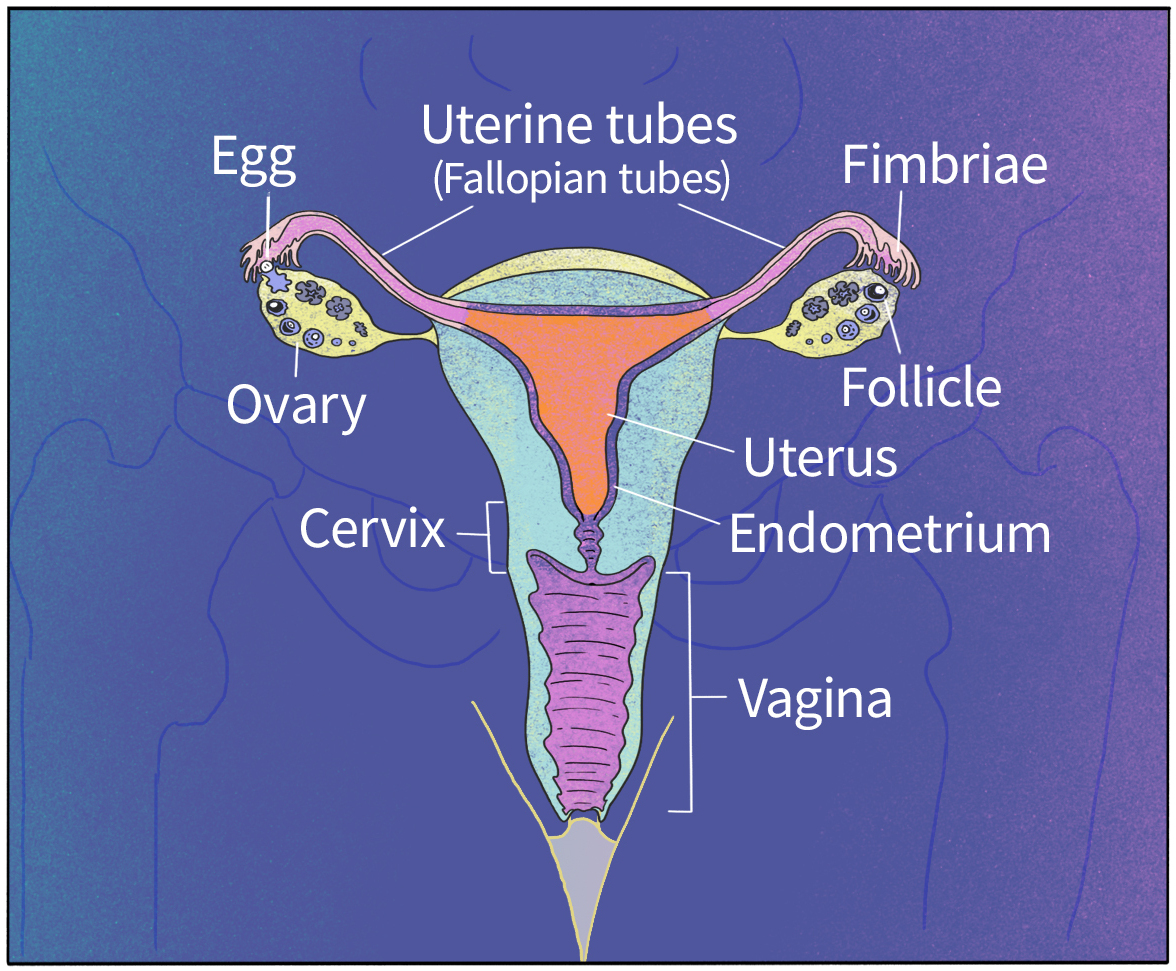
Fallopian Tube Diagram Egg
In some cases, blocked fallopian tubes can lead to mild, regular pain on one side of the abdomen. This usually happens in a type of blockage called a hydrosalpinx. This is when fluid fills and.
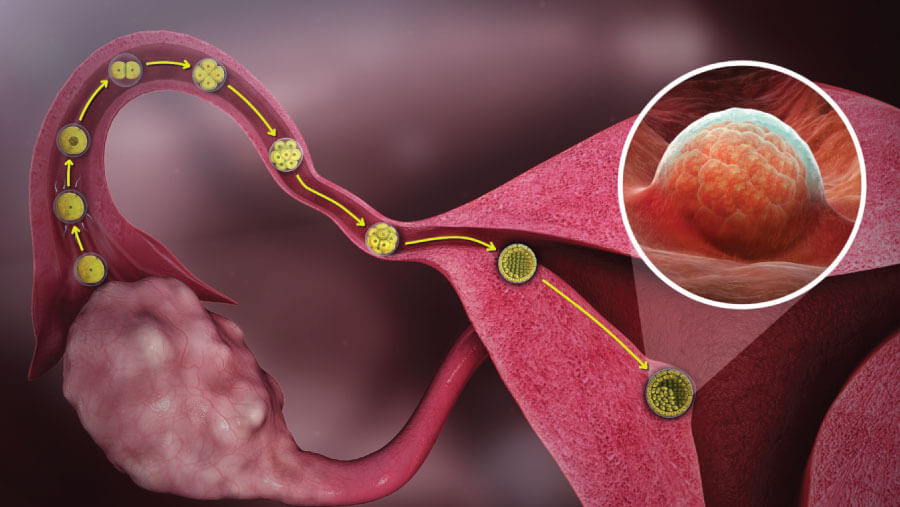
Blocked Fallopian Tubes and chances of Conception
The uterine tube (fallopian tube) carries an egg from the ovary to the uterus. Unless a biological abnormality, surgery, or ectopic pregnancy caused the loss of one tube, women should have two.

Fallopian Tubes [PPT Powerpoint]
The primary function of the uterine tubes is to transport sperm toward the egg, which is released by the ovary, and to then allow passage of the fertilized egg back to the uterus for implantation. [ 1] A uterine tube contains 3 parts. The first segment, closest to the uterus, is called the isthmus. The second segment is the ampulla, which.
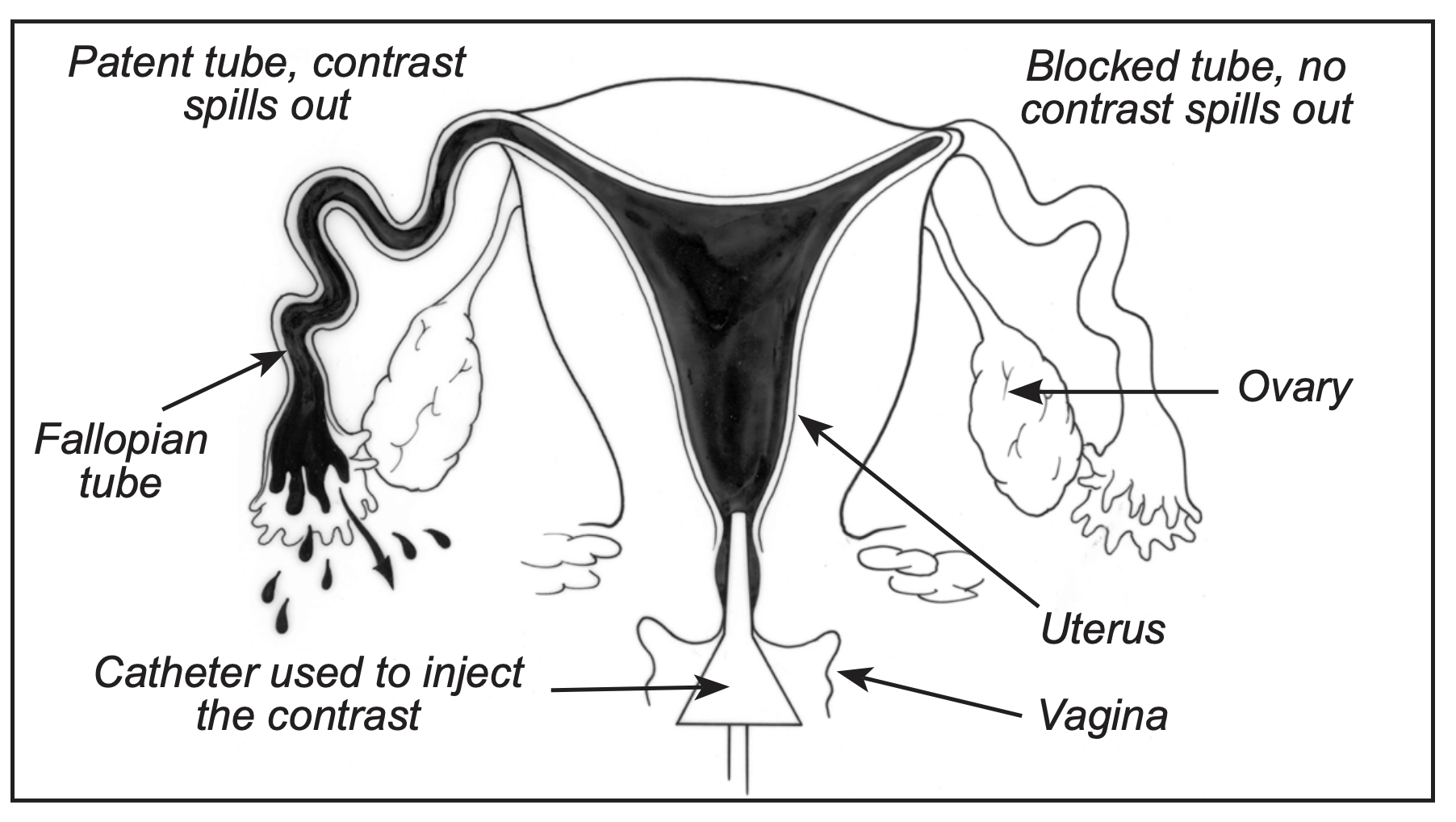
Nonsurgical fallopian tube assessments — Dr Danny Tucker
The fallopian tube is a part of the female reproductive system in mammals. It is the female accessory duct and is also known as oviduct. A pair of fallopian tubes connect the ovaries to the uterus. The main function of the fallopian tube is to collect the mature ovum from ovaries and provide passage to the fertilized ovum to reach the uterus.
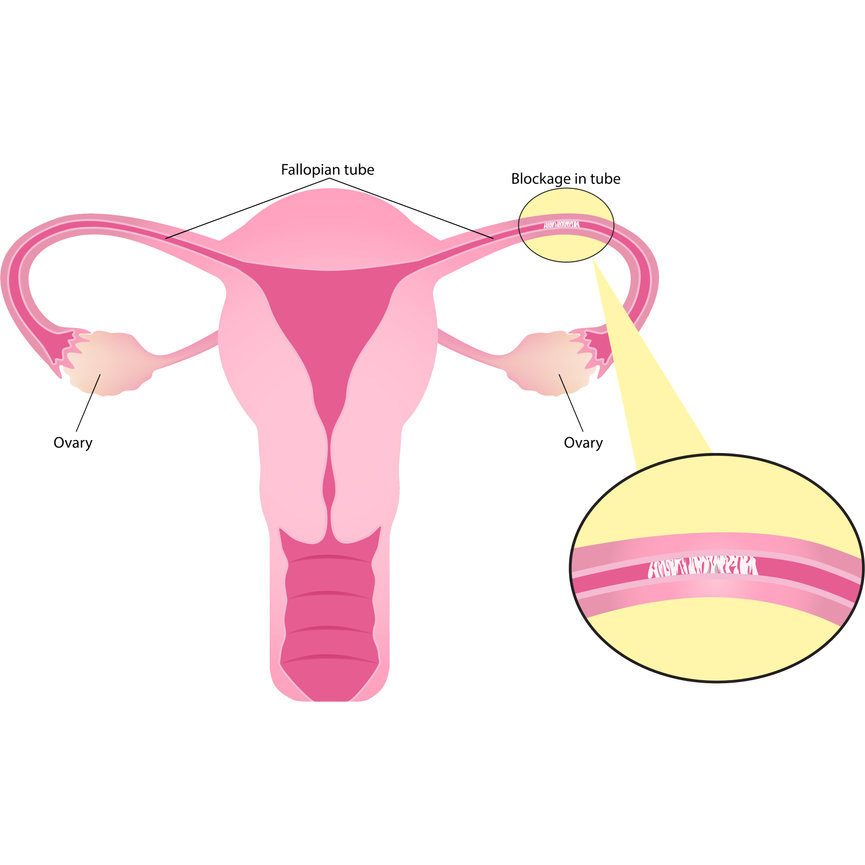
Fallopian Tube Disease Dr. Joseph Leveno
Masalah fungsi tuba fallopi memengaruhi sekitar 25% hingga 30% masalah kesuburan pada wanita, salah satunya tuba fallopi tersumbat. Dikutip dari Medical News Today, penyumbatan tuba fallopi bisa membuat wanita susah hamil karena sperma dan sel telur tidak bertemu. Untuk itu, penting untuk mengetahui penyebab tuba fallopi tersumbat.
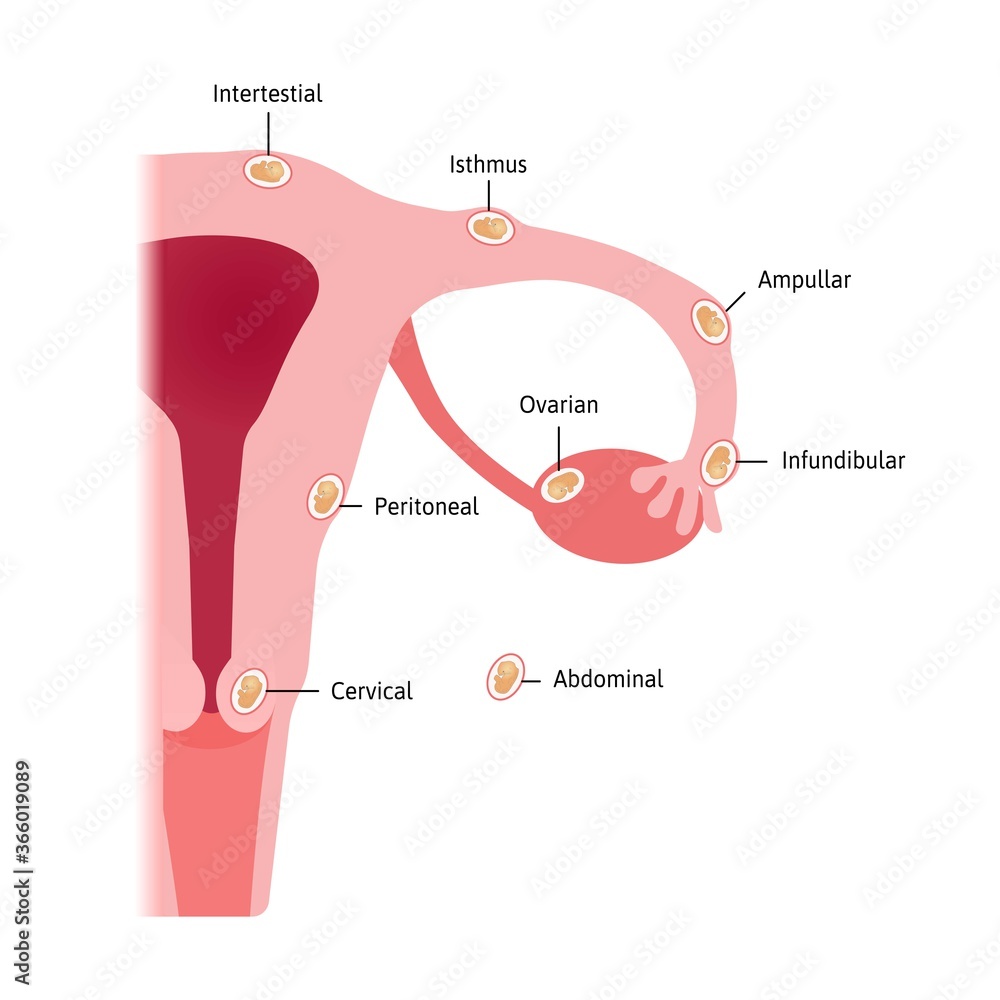
ectopic pregnancy occurs in a fallopian tube. Different types of embryo location. Intertestial
Sperma akan mudah mati, tidak sampai 60 menit, jika berada di luar rahim. Dalam suasana rahim dan tuba fallopi sperma akan bertahan selama 3 hingga 5 hari. 4. Fungsi tuba fallopi dalam pembuahan. Bagian ampula dari tuba fallopi juga sering menjadi tempat bertemunya sel sperma dan sel ovum dan memungkinkan terjadinya pembuahan atau fertilisasi.

The Fallopian Tubes and Tubal Infertility ! YouTube
The fallopian tubes themselves consist of four sections, including the uterine, isthmus, ampulla, and infundibulum regions. The uterine region is closest to the uterine horns, with the isthmus region being the next section away from the uterus. The ampulla is the third region from the uterus and is commonly the location of oocyte fertilization. The infundibulum is the final region, which ends.
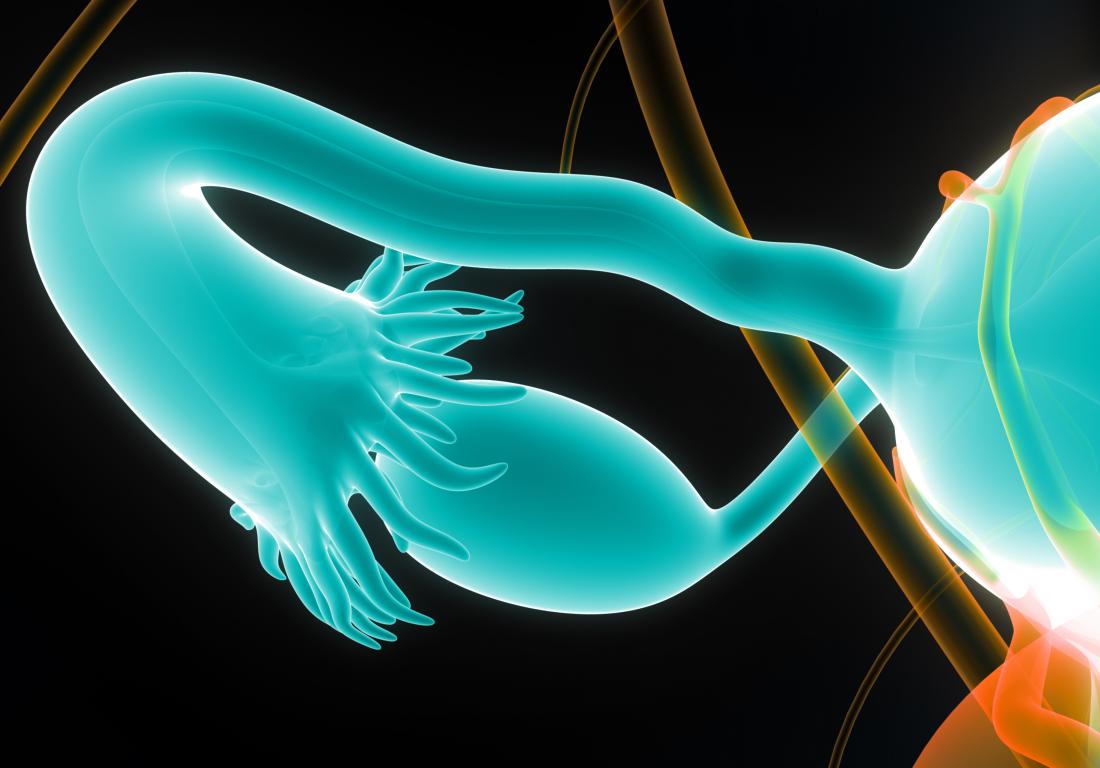
Fallopian Tubes and Female Infertility Bridge Clinic
The fallopian tubes are bilateral conduits between the ovaries and the uterus in the female pelvis. They function as channels for oocyte transport and fertilization. Given this role, the fallopian tubes are a common etiology of infertility as well as the target of purposeful surgical sterilization. They can also be sites of ascending infection or neoplasms.
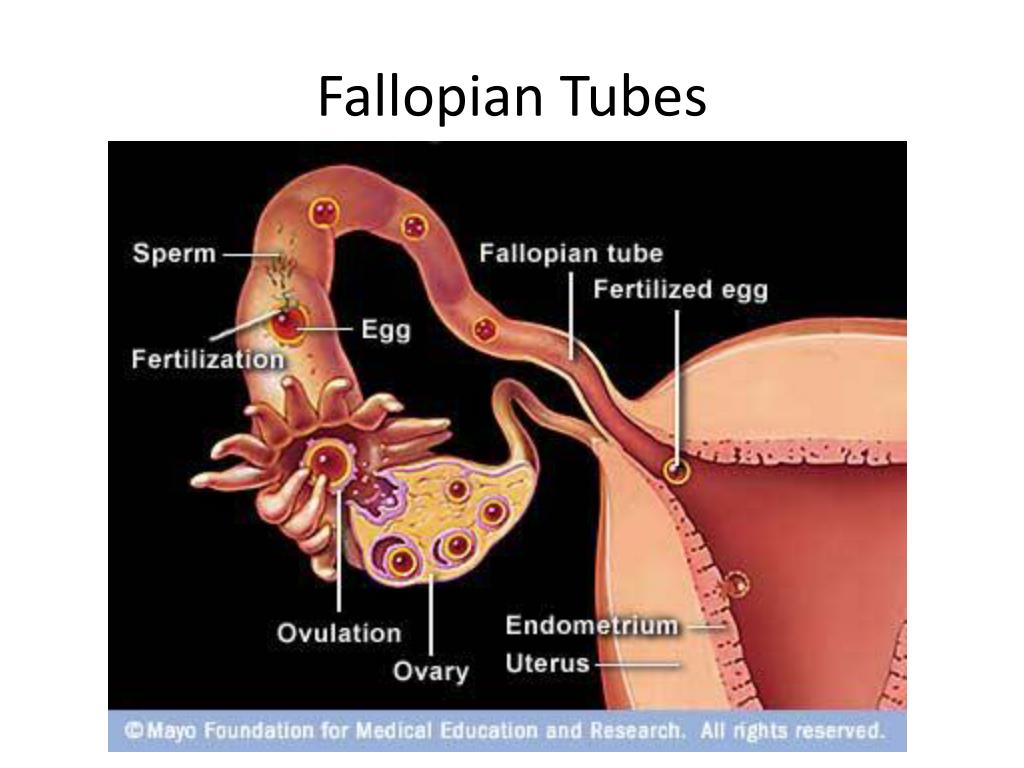
PPT Female Reproductive System and Hormones PowerPoint Presentation, free download ID2029920
Anatomical Structure. The fallopian tube is described as having four parts (lateral to medial); Fimbriae - finger-like, ciliated projections which capture the ovum from the surface of the ovary.; Infundibulum - funnel-shaped opening near the ovary to which fimbriae are attached.; Ampulla - widest section of the uterine tubes.Fertilization usually occurs here.
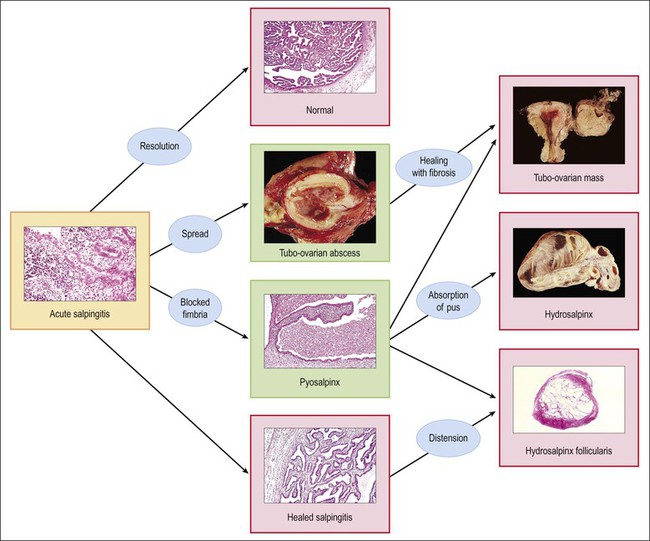
Fallopian Tube Clinical Gate
Fimbriae are finger-like projections on the ends of your fallopian tubes closest to your ovaries. Each month, your fimbriae catch the egg that one of your ovaries releases during ovulation. Your fimbriae then sweep the egg (ovum) into the fallopian tube where the egg can be fertilized. Your fimbriae are just one small portion of your fallopian.

Fallopian tube anatomy, illustration Stock Image C027/0059 Science Photo Library
Oviduk adalah saluran sempit yang melekat pada bagian atas rahim. Oviduk (saluran telur) juga disebut sebagai tuba falopi atau tuba uterine. Fungsi oviduk atau saluran tuba (tuba falopi) adalah salah satu bagian penting dari sistem reproduksi wanita, yaitu sebagai jalur ovum (sel telur) agar bisa melakukan perjalanan dari area ovarium ke rahim.. Tak hanya itu saja, fungsi oviduk lainnya adalah.